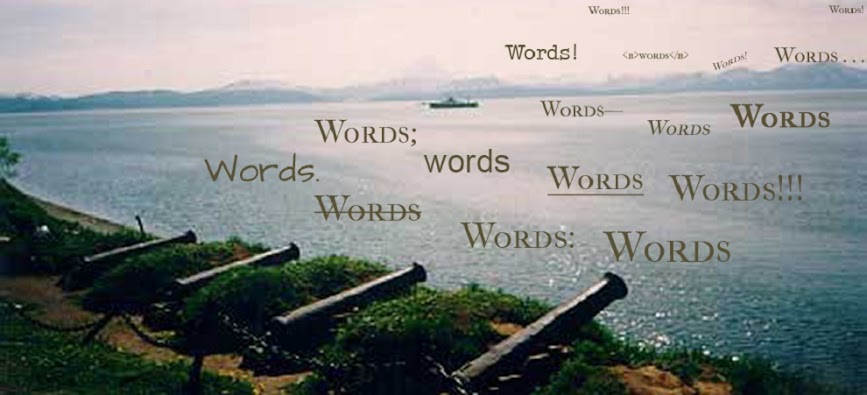Character Descriptions That Matter
How much detail to give a character's description is often hotly debated, with two primary schools of thought: 1. Include as much detail as possible about each character in order to let the reader know what the character looks like and also to provide additional imagery. It's good to include all five senses in your descriptions. 2. Only include what is absolutely necessary in order to move the story forward. Assume readers will fill in other details with their own imaginations. Descriptions should be built into the story and not just a date dump - e.g., a whole narrative paragraph describing a character but with no context. Bestselling author Barry Eisler is a great technical writer, but he sometimes uses a little more description than I like (completely a personal preference; to most people, his writing probably seems pretty streamlined). The following are some search results for the word 'hair' in his book Detachment in which that is definitely not the



